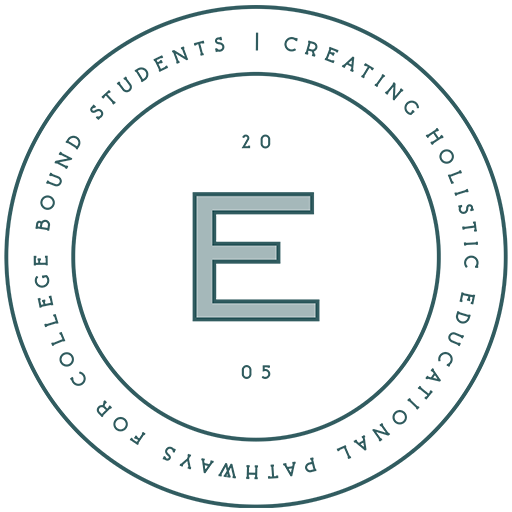College Admissions can be overwhelming for students with ADHD, requiring organization, planning, and follow-through—areas that can feel like uphill battles. Yet these students are often creative, resilient, and full of potential. Without the right support, though, the process can lead to frustration instead of opportunity.
That’s where mentorship changes the game. With the right guidance, students gain structure, confidence, and the tools to navigate admissions successfully—not just surviving the process but thriving in it.
Mentorship Strengthens Executive Function Skills Critical for College Planning
Students with ADHD often experience challenges with executive functioning—the mental skills that help us manage time, set goals, and stay on task. These are the very skills required to navigate multiple college applications, prepare for standardized tests, and meet important deadlines.
A mentor helps by offering consistent check-ins, tailored strategies, and accountability, enabling students to break down complex tasks into manageable steps. Research from Frontiers in Psychology confirms that mentorship significantly improves executive functioning in adolescents with ADHD, especially in areas like time management and task initiation.
Mentorship Builds Confidence and Reduces College Admissions Anxiety
College admissions are stressful, and for students with ADHD, it can trigger self-doubt and anxiety, especially when peers seem to cruise through.
Mentors offer a judgment-free space for support, helping students build confidence and stay motivated. Research shows that positive adult relationships boost self-efficacy, leading to greater academic success.
In fact, a study from the Journal of Attention Disorders found that positive adult relationships are linked to increased confidence and motivation in teens with ADHD, directly influencing their academic engagement and outcomes.
Mentors Helps ADHD Students Identify the Right College Fit
Mentorship Provides Accountability Without Tension
Parents of teens with ADHD often find themselves reminding and nagging, creating tension at home. Mentorship provides accountability without stress.
With structured support, mentors keep students on track with applications and deadlines, allowing parents to step back while empowering students to take ownership.
Mentorship Supports Emotional Regulation and Builds Resilience
College admissions can feel like a rollercoaster. From the highs of acceptances to the lows of rejections, emotional regulation becomes critical. Many students with ADHD experience emotional dysregulation, making it harder to manage stress or disappointment.
Mentors provide a steadying presence, helping students process emotions, bounce back from setbacks, and maintain perspective. A 2018 study published in Child and Adolescent Mental Health found that mentorship significantly improves emotional regulation and resilience in adolescents with ADHD.
Mentorship Helps Students Practice Self-Advocacy for College Success
College will require students to advocate for themselves—whether it’s accessing accommodations, meeting with professors, or managing time independently. Mentorship during the admissions process helps students practice these skills early, building the confidence to speak up for what they need.
CHADD (Children and Adults with ADHD) emphasizes that mentorship relationships are vital in developing these lifelong self-advocacy skills, as students transition into greater independence.
Final Thoughts: Mentorship Transforms College Admissions for Students with ADHD
Mentorship is more than a support tool—it’s a catalyst for growth, confidence, and success. For students with ADHD, mentorship helps them manage the complexity of college admissions, while also developing skills that set them up for long-term achievement.
By offering personalized support, executive function coaching, and encouragement, mentors help students reimagine what’s possible—and take charge of their future.
Ready to Support Your Student with ADHD Through College Admissions?
Explore how mentorship and executive function coaching can empower your teen to navigate the college process with clarity and confidence. The right support can make all the difference.
Download our Neurodiversity Guide to learn more!




